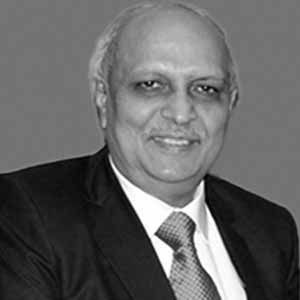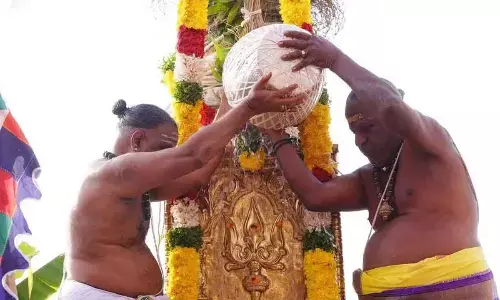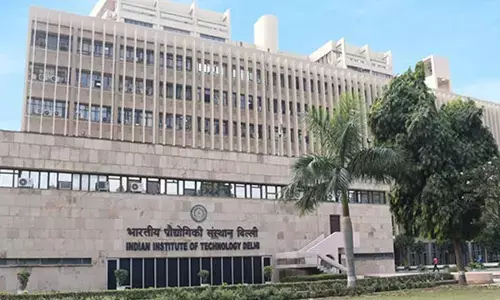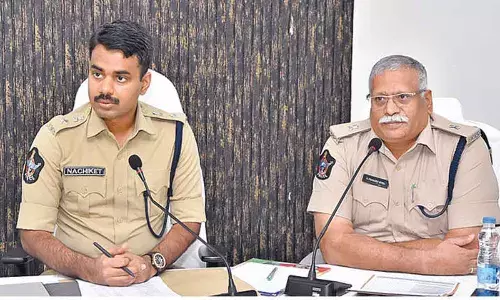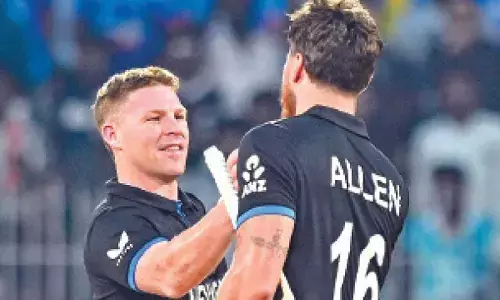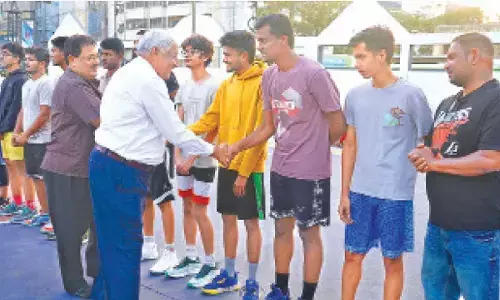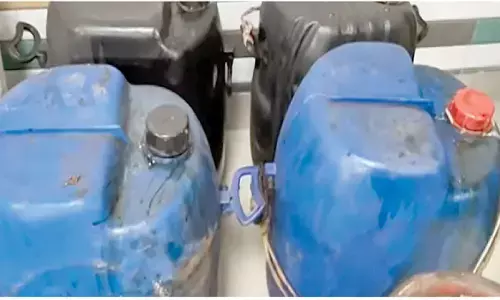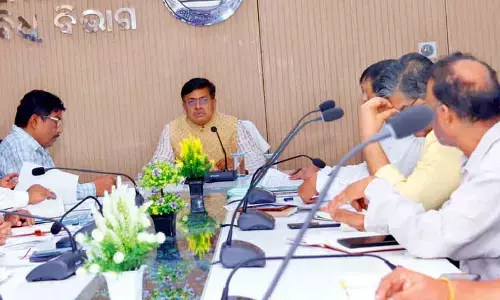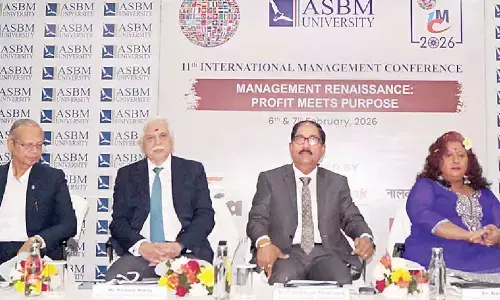When the tail wags the dog
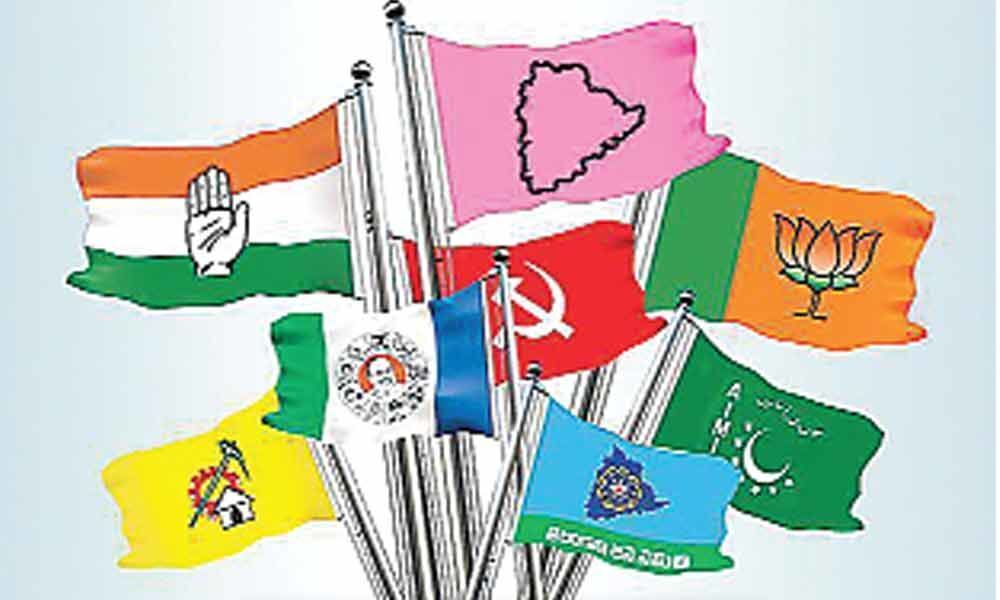
With elections round the corner, the voter has to decide to whom he wants to vote from among different political parties.
With elections round the corner, the voter has to decide to whom he wants to vote from among different political parties. At the national level unquestionably BJP is emerging as a major contender with a pan- India presence.
Congress is slowly getting relegated to a party with presence in few states. In a number of states where neither the Congress nor BJP have a substantial presence the canvas is occupied by different regional parties.
Over the last 70 years Indian democracy has failed to evolve a proper two-party system having a pan- India influence. For a long time, it was a one- party show with Congress occupying centrestage in Indian politics having a presence all through the country.
When it started collapsing in certain States that political space is occupied by regional entities rather than resulting in evolution of an opposition party with pan-India influence. Whether it was Communists or Swatantra party, they could never grow in a manner to have pan- India influence.
It was only the BJP after the Congress which was able to build up its presence in different parts of the country. After it was able to penetrate into the North East it now has a presence across the country except a few southern states.
Over a period of time it may make its presence felt in these three southern states thus establishing a truly all-India character. But for a healthy democracy to flourish the country also needs strong opposition which also has pan-India presence.
Today with the collapse of Congress, this vacuum is being filled by different regional parties in most of the states. Dominance of these regional parties in the national politics may not really strengthen the federal structure of the country nor a healthy democratic setup.
The country is already a witness to such political instability after the 1996 election when the regional parties started dominating the political field in India.
With too many small parties coming together and forming the government the political instability continued till elections were held in 1998 leading to the formation of a stable government .
This is precisely the type of a verdict most of the regional parties want so that they can play disproportionately greater role in the national politics when elections throw up such political instability.
This is what Chandrababu Naidu has in mind when he says give me 25 parliamentary seats I will dictate central government or when KCR talks in the same tone of getting benefits to Telangana if all the 17 seats are given to him. They wish for a hung parliament so that they can play the role of kingmakers.
But such instability is not in the interest of the country. The attitude of the regional parties generally will be to get the maximum for their state at the expense of the rest of the nation hence their ability to take a broader view on the national issues to that extent gets limited.
A conglomeration of such regional parties is also not the best thing for a federal structure .When they start talking in terms of federal structure what they will be pushing forward would be a federal arrangement which is best suited for their state interests.
And to that extent there are bound to be conflicts of interest between these regional parties . What most of them today are looking for is a situation where the tail can wag the dog.
That would throw up an era of political instability and can put the progress of the nation back by few years. This is what the the Indian voter should clearly avoid by giving a decisive mandate to any one single party to rule this country.
But in the long run the country has to evolve a two-party system where the parties have a presence across the country. It is this two-party system which is responsible for proper functioning of federal structure in a country like the United States.
There is no guarantee that better federal structure would evolve with a coalition of regional parties. A pan-national opposition party which does not report to a dynasty is the need of the hour in this country .
Democracy cannot function properly without a responsible opposition with a pan- India character. Rajaji tried to establish one such party and failed . Is this what RSS had in mind when they invited Pranab Mukherjee to their headquarters at Nagpur?
(Writer is former Chief Secretary, Government of Andhra Pradesh)

